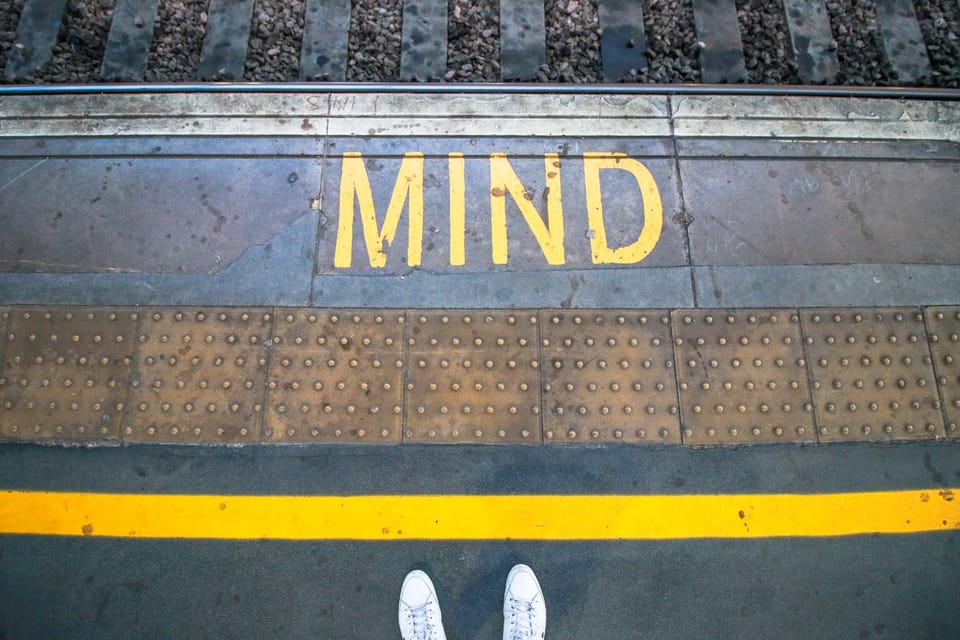The Power of Curiosity Gaps

Gaps create interest. To prove that gaps exist, you might need to highlight first the overall knowledge: what they know and what they are missing. If people have the context, they see the gap.
Curiosity
If people like curiosity, why do they work to resolve it? Why don’t they put mystery novels down before the last chapter, or turn off the television before the final inning of a close ball game?
Loewenstein
Curiosity gaps are painful, so people will work to close them. That is great since if you manage to create these gaps, there is a likelihood you will get people engaged. And if you manage to open and close these gaps systematically, you are building up a group of interested people around you.
Create your curiosity gap
An air of mystery heightens your presence; it also creates anticipation.
Robert Greene
If people know everything about you, you will be predictable and lose all your strength and attractiveness. You still will be seen as reliable, but maybe not as interesting. If people do not know anything about you, you will be unpredictable and be seen as a liability since people do not know if they can count on you.
Keep some things up your sleeve since that makes you interesting. Don’t show all your cards, or show different cards than expected. If you create a curiosity gap about yourself, other people will try to fill it with their inventions and perceptions. And if you deliver on your mystery every time, people will come back for more.
A curiosity gap is a knowledge gap. It’s the difference between what we know and want to know. And it’s powerful because it drives us to seek information.
If you can create a curiosity gap, you can build engagement. And if you can open and close these gaps systematically, you are building up a group of interested people around you.
